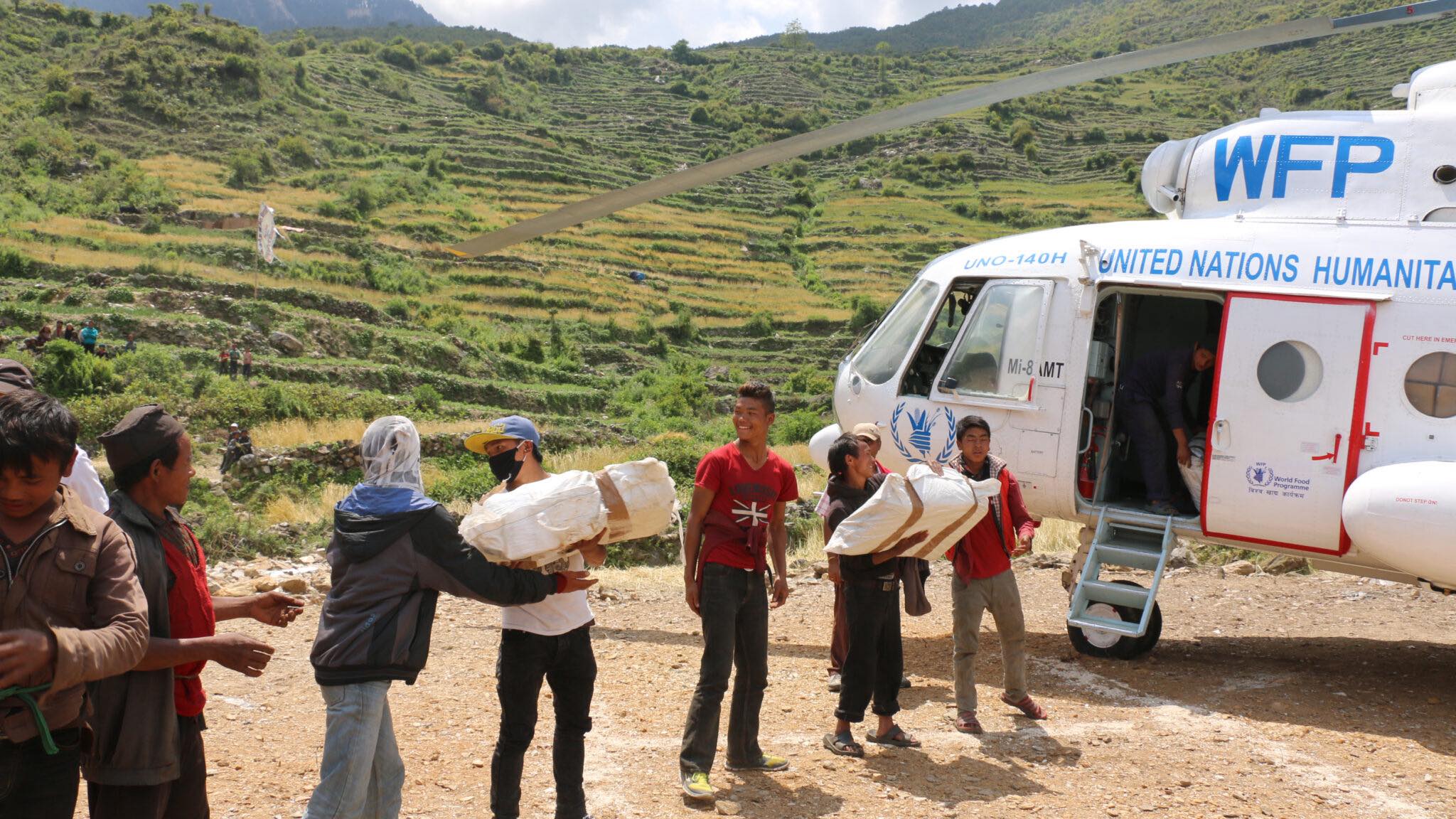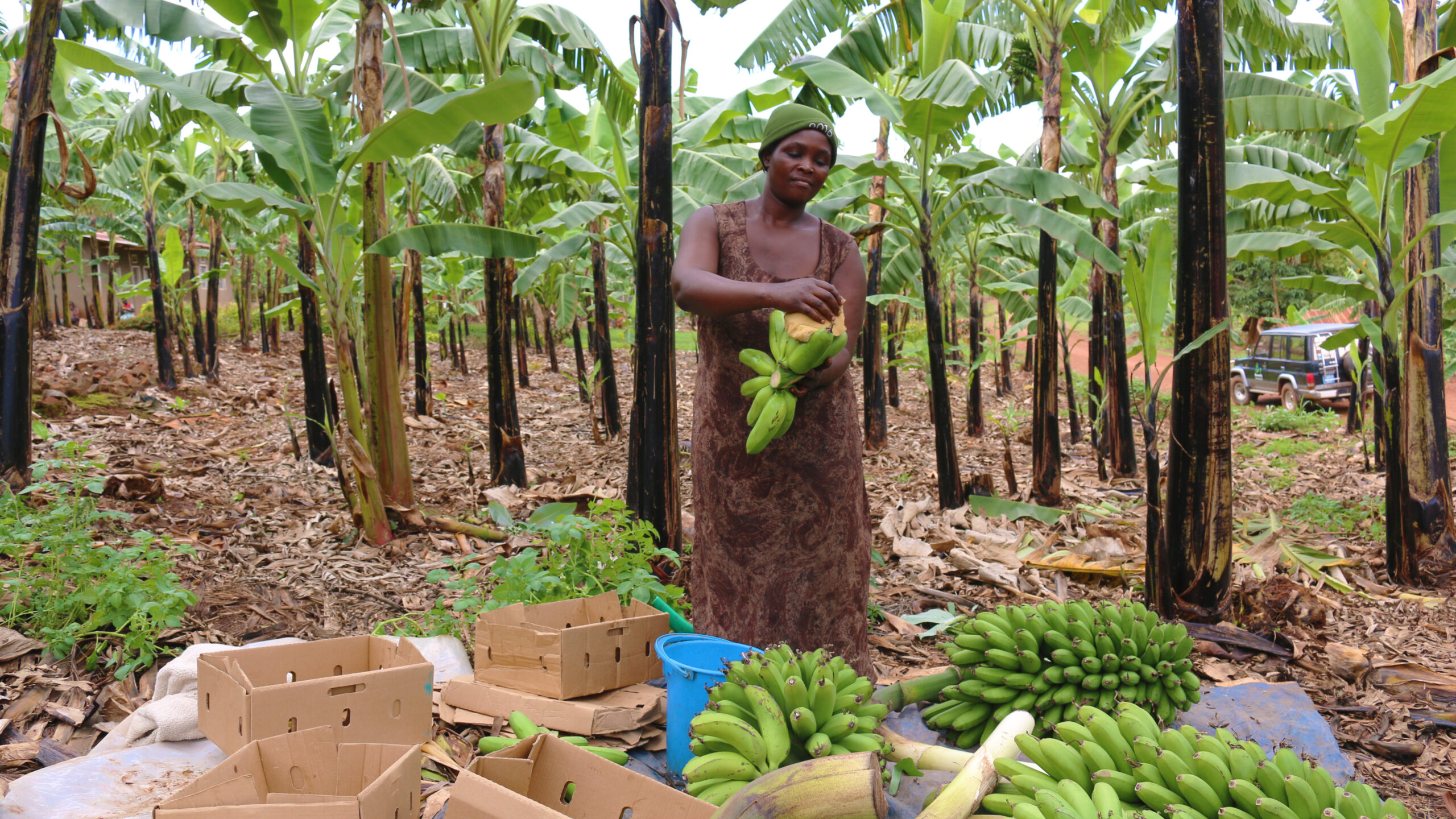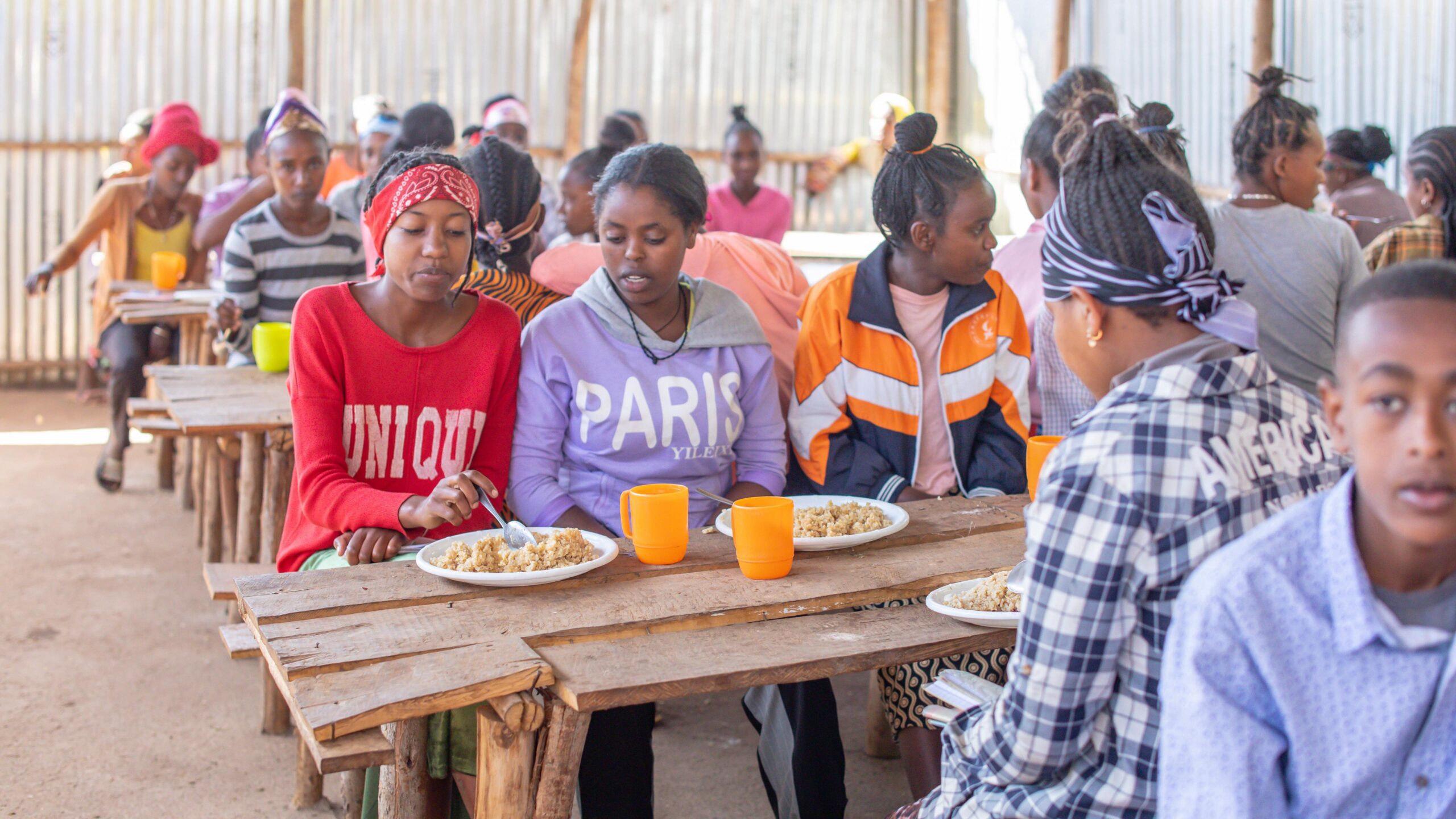In the aftermath of the “Arab Spring”—a series of demonstrations, protests, and wars that swept through the Arab world during 2010-2011 and toppled several governments in the region—many researchers identified rising food prices and the resulting food insecurity as underlying causes. Yet even after leadership changes in many countries, food price volatility, food insecurity, and undernutriton continue to threaten the region’s stability as well as the health and economic wellbeing of its citizens. A recent IFPRI Policy Seminar titled “Food Security and Development in the Arab World: In Transition?” brought together three expert economists to discuss the region’s progress to date and outline the challenges ahead.
“The Arab Spring has been more about politics than economics,” according to Caroline Freund, chief economist for the World Bank’s Middle East and North Africa Program. In order to move forward, she says, the region must begin to look at ways to accelerate economic growth, create jobs, and reduce poverty.
Nadim Khouri, deputy executive secretary at the United Nations Economic and Social Commission for Western Asia (UN-ESCWA), echoed the need for a focus on economic issues, warning that Arab countries and Africa south of the Sahara were the only regions to witness an increase in poverty rates ahead of the Millennium Development Goals (MDGs) 2015 deadline. Khouri also warned that the region is suffering from continued weak governance and poor regulation. Both he and Freund argued that the region needs stronger institutions and policies to enact any type of sustainable economic growth aimed at reducing poverty and increasing food security.
A common theme was the need for better data to support the policy interventions required in the region. “We need data, data, and data again,” stressed Freund, adding that household surveys help inform important policy decisions on social safety net programs, for example.
Clemens Breisinger, a research fellow at IFPRI, answered the call by providing audience members with a preview of the Arab Spatial, a digital atlas containing maps and data for more than 150 food security and development-related indicators in the region. The atlas, which is scheduled to be released next month, will provide researchers and policymakers with tools and information for strategic policy decisions at the subnational, national and regional level, based on the best and most up-to-date data and information available. Data sources include the World Bank’s World Development Indicators (WDI) databank, IMF,WHO, FAO, NASA, NOAA, CGIAR and IFPRI among other regional, national and subnational statistical bodies.
Read more on IFPRI’s work in the Middle East and North Africa region







